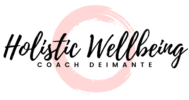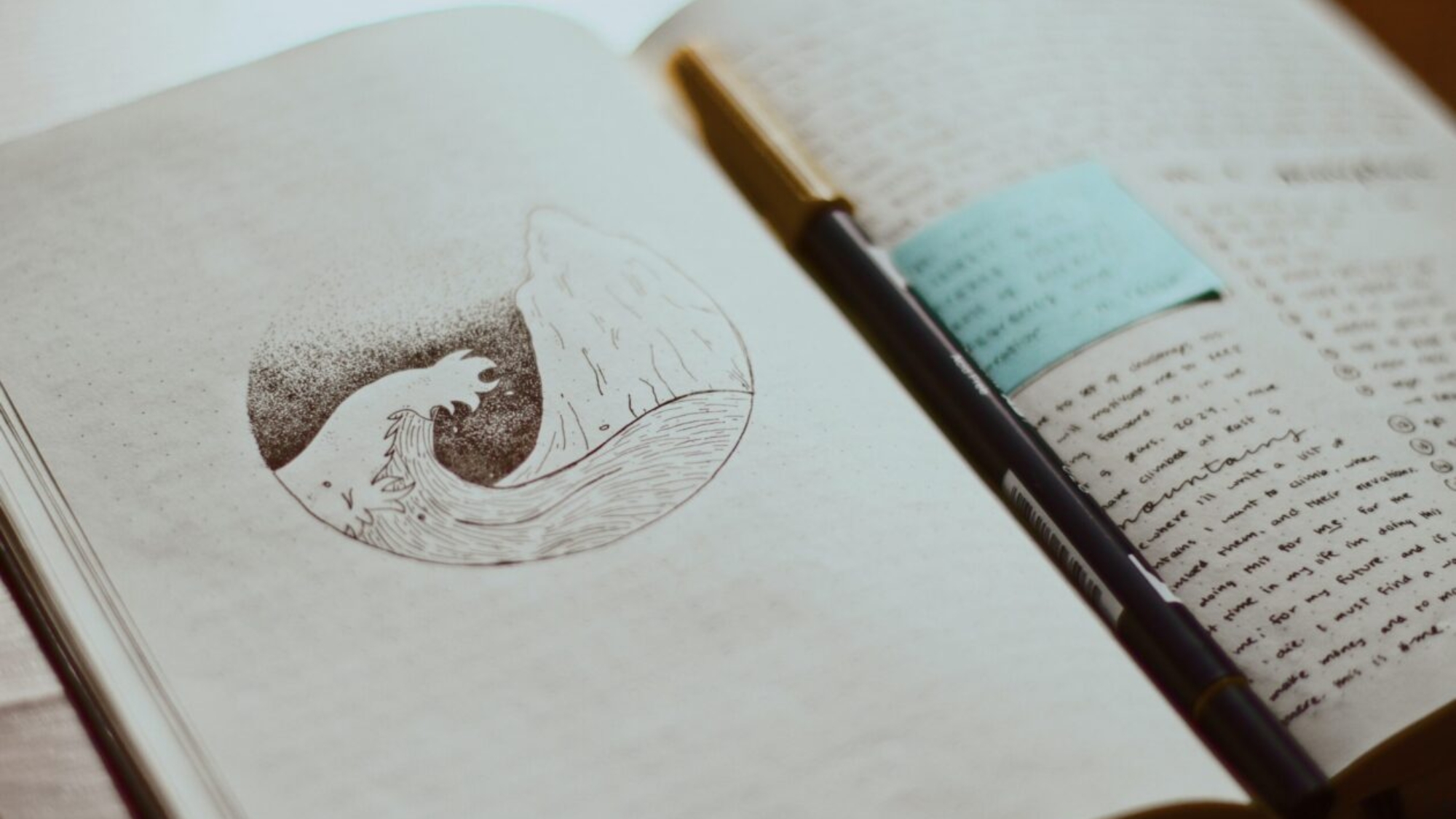Journaling is like whispering to one’s self and listening at the same time.
– Mina Murray
Today I’ll be sharing with you why you should try journaling. Then we will find out what reflective journaling is. We will discover some questions to ask yourself when journaling. We will explore some journaling facts, tips for beginners and set you some challenges to get you started!
Why journaling?
Journaling is a highly recommended stress management tool. Numerous studies have demonstrated the effectiveness of journaling for health, happiness, and stress management. It’s not just a simple technique but an enjoyable one.
What is Reflective Journaling?
Reflective journaling is the practice of documenting both your experiences as well as your interpretation of those experiences; the activity of thinking about your own feelings and behaviour, and the reasons that may lie behind them.
Reflective journaling is the process through which we can find and observe experiences, traumas and patterns that were profound or had an impact on our lives.
Why Reflective Journaling?
Reflective journaling isn’t just about writing out how we feel and what we want. It can often involve reflecting on our past and observing how that has had an impact on our current self.
We can often gain the power to examine and understand why we may be the way that we are now by reflectively journaling about our past, present and future.
When writing or talking about our feelings, emotions and behaviours, we can learn who we are, what we value, what drives us and understand where we fit into the world. We can learn about our self-esteem, our beliefs and the effects they may have on us when it comes to life!
The best part is that we can get to know ourselves and if we do not like it we can proactively work towards changing! A consistent practice of reflection on who and why we are results in a greater understanding of who we are and how we interact with the world.
Reflection gives us the mechanism to refine and grow our greatest resource: ourselves!
Examples of Reflective Thinking & Journaling:
Journal the experience
Journal what happened as objectively as possible. If you are sad, explain why you feel sad. If you just had a panic attack, explain in detail what you did today and what happened right before that. If you are feeling low lately, explain what has changed in your life. If it is an event that happened, write about it! Add as much detail as possible so you will remember what happened when you review your journal in the future. Note any feelings or emotions that experience elicited in you.
Questions to ask:
- What happened?
- How did the experience unfold?
- How did I deal with the outcome of the situation?
- What did I like about it?
- What did I dislike about it?
Reflect on the experience
Once we have the experience objectively recorded, reflect on the experience. Take the time to be introspective, to see how you feel deep down about the experience. What feelings and emotions does the experience bring up? Ultimately, what can we learn about the experience?
Questions to ask:
- Why did you make a particular decision?
- Was the experience a positive or a negative experience.
- What could you have done during the experience?
- What did you think after the experience was over and the emotions had subsided?
How does this compare with what you thought during the experience?
What did I learn
Now that you have taken a deep introspective look at the situation and you in the situation, distil what you have learned. What has the experience revealed about who you are and how you handle situations in the world.
Questions to ask:
- What did you learn from the experience for the future?
- What would you do differently next time?
- What life lessons did you learn?
- What will I do next time?
Journaling what you will specifically do the next time if this experience or a similar experience comes up is an important step. Learning the lessons is one thing, determining what the lessons mean in your life is another. Having written down what you will do makes it more likely you will follow through when the time comes.
Reason to start a reflective journal
- A reflective journal gives you the opportunity to look at a situation from different perspectives.
- Reflective journaling gives you a deeper understanding of your life experiences.
- Reflective journaling helps you understand who you truly are.
- A reflective journal allows you to learn from your past so you can live your future aligned with who you are.
- Reflective journaling gets thoughts out of your head so you can look at them objectively.
- A reflective journal allows you to share your life learning with others. Ultimately you can pass your journal on to your children as your autobiography. Then can then pass it on to their kids.
- A reflective journal gives you the opportunity to review events in your life to see patterns and themes.
- A reflective journal allows you to live life as an experiment. You make assumptions about underlying reasons for events which can be compared to the underlying reason of future events.
- As you reflect on life experiences, who you are, what your values and beliefs are will be unveiled. This allows future experiences to be lived according to your values and beliefs.
Benefits of Reflective Journaling
When you are learning about yourself, reflective journaling makes perfect sense. It allows you to look at yourself and your experiences both good and bad and from those experiences learning how to be better, more effective. This works in all areas of life from relationships, career, leisure to health.
A life long learning approach to life, will place you in control, it will teach you more about your own self and reduce chaos and uncertainty.
- If you suffer from mental health or chronic illness, journaling will empower you when trying to figure out your illness and pain.
- Reflective journaling is an ideal practice that mirrors your life long learning approach.
- Reflective journaling has been shown to be effective in any type of learning. By documenting your interpretation of what you are learning and relating the learning to your experiences, results in a deeper understanding of a subject.
- You are more focused on the life you are creating.
- You have experiences you can share.
- Enhanced creativity
- Clarity of self and clarity of goals in life
- Understand and deal with problems rather than ignoring them
Reflective Journaling Prompts
Prompts to help get started or go deeper.
Discover Prompt– Remembering the experience
- What happened?
- Where did it happen?
- When did it happen?
- Who was involved?
Analyze Prompts – Interpret the experience
- How does it compare with other experiences?
- What is important about the event?
- What is interesting about the event?
- What are explanations for the event?
- Why did the event happen?
Innovate Prompts – What can be learned from the experience
- What is the life lesson?
- How can the life lesson be applied in the future?
- What patterns can I recognize going forward?
As you learn from your experiences you can ask yourself:
- What happened?
- Why did it happen?
- What can I learn?
It is important to separate the experiences you have had from the interpretations of those experiences. The experiences you have and the reflections and interpretations of those experiences can be years apart. An extreme example of this is childhood experiences. Oftentimes it is much later in life that you realize how much impact certain experiences had in your life. What you remember as your favourite teacher, later in life you remember it was the changes that teacher had in you that made her your favourite.
Your journal is a tool, journaling is the skill. As with any skill the more you practice the better you will get. Incorporate reflective journaling into your morning and or evening routine. By reflective journaling on a regular basis, you will build introspection, writing skills, and critical thinking skills.


Leave Your Comment